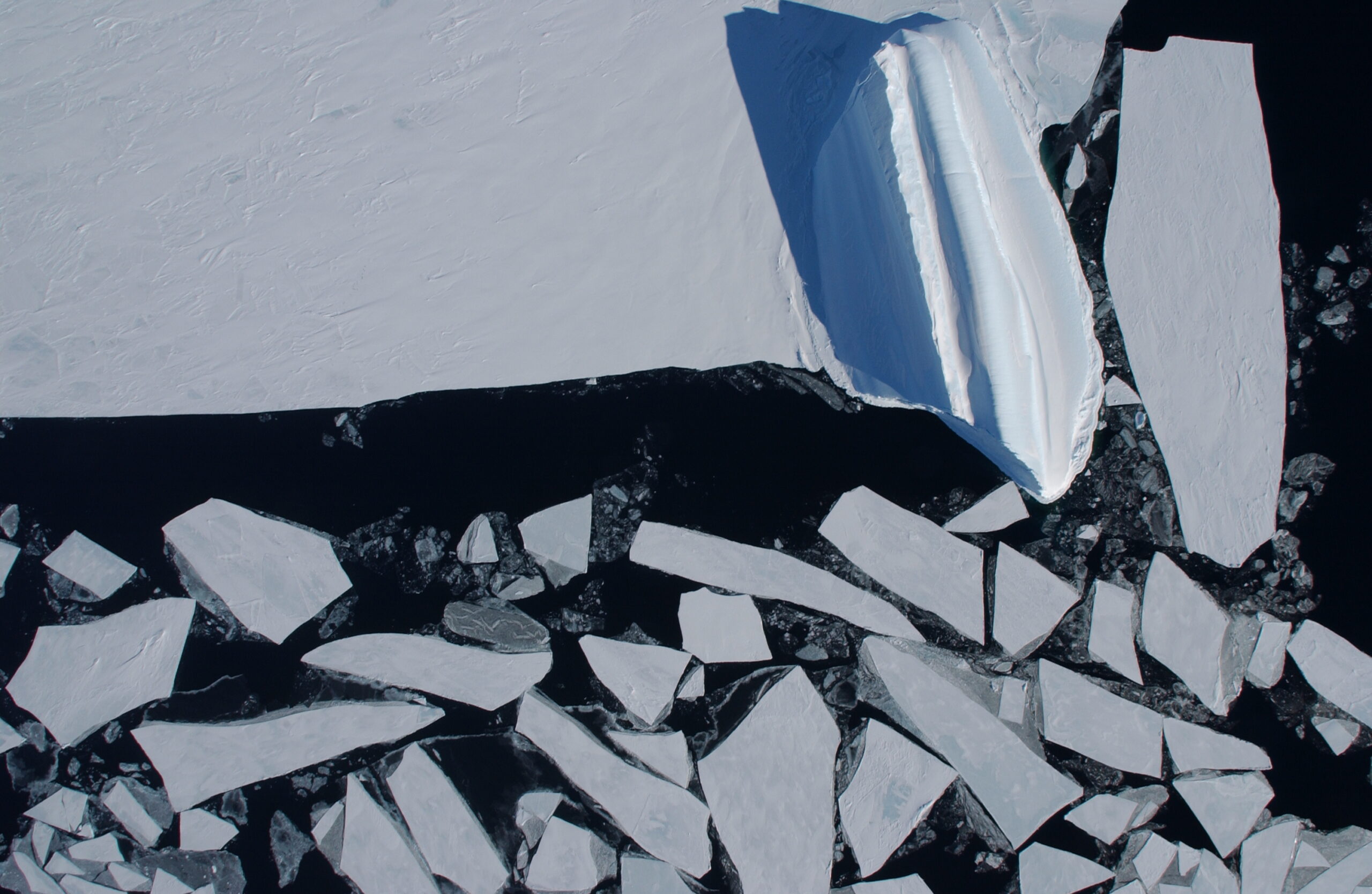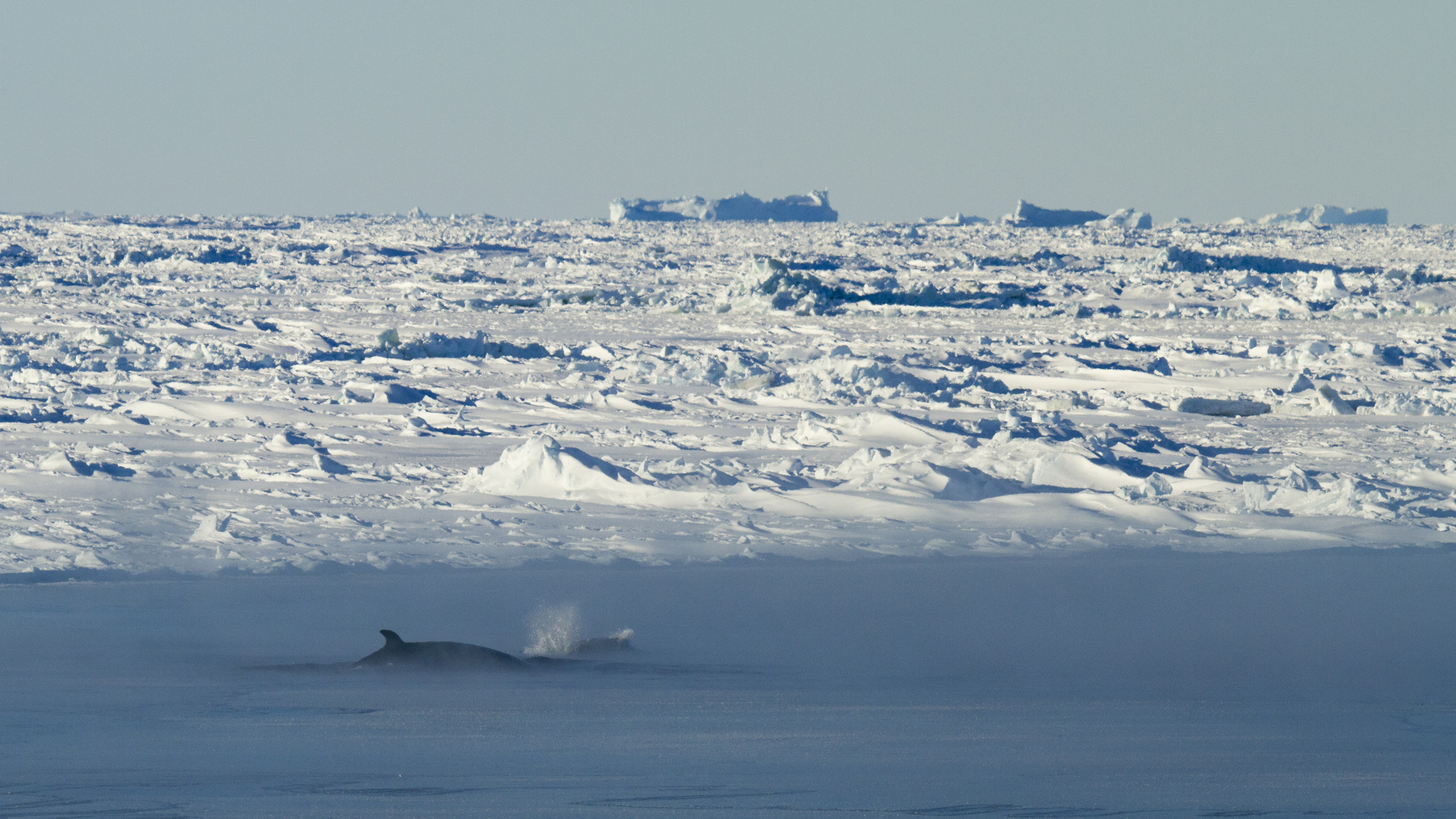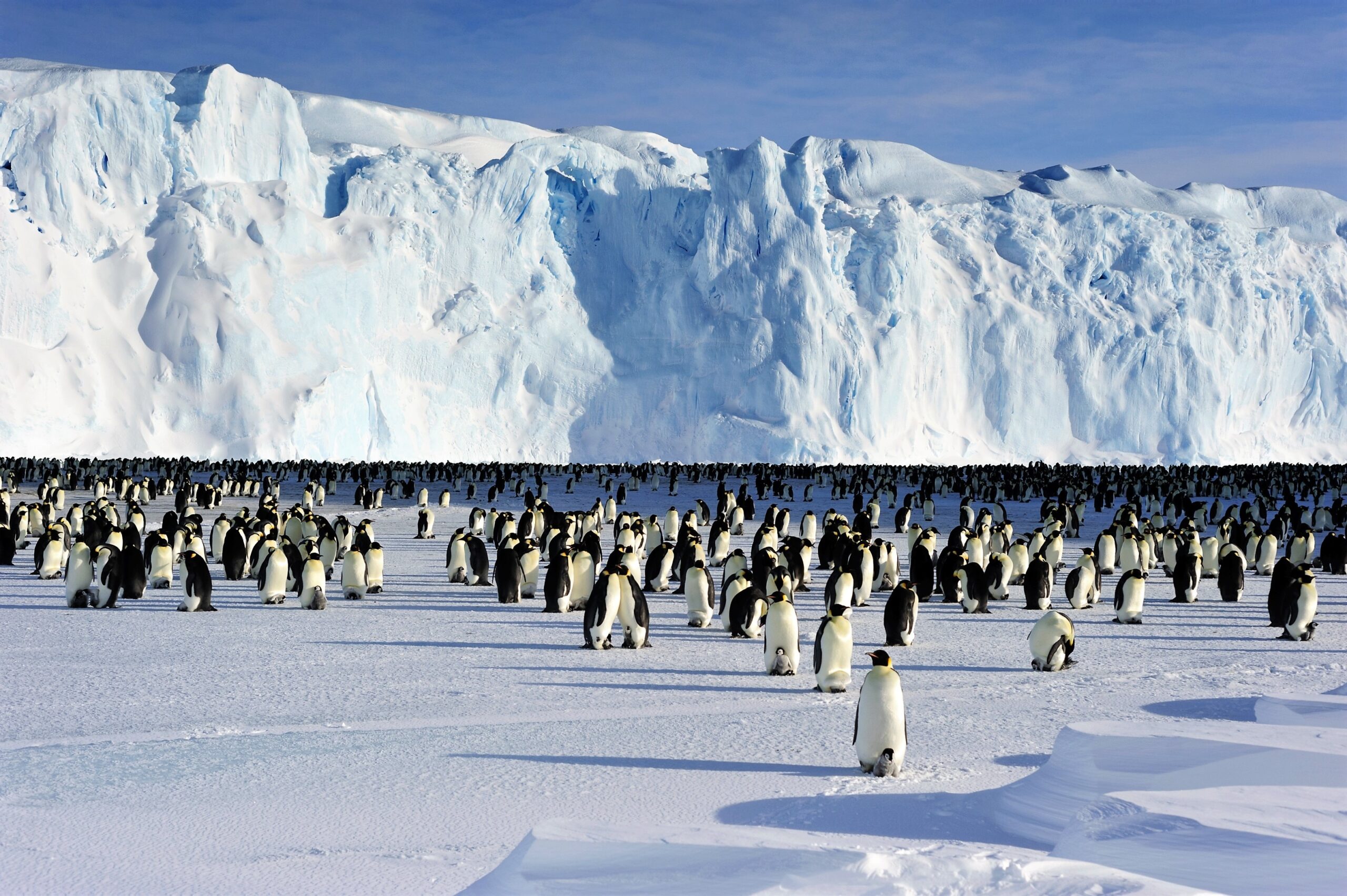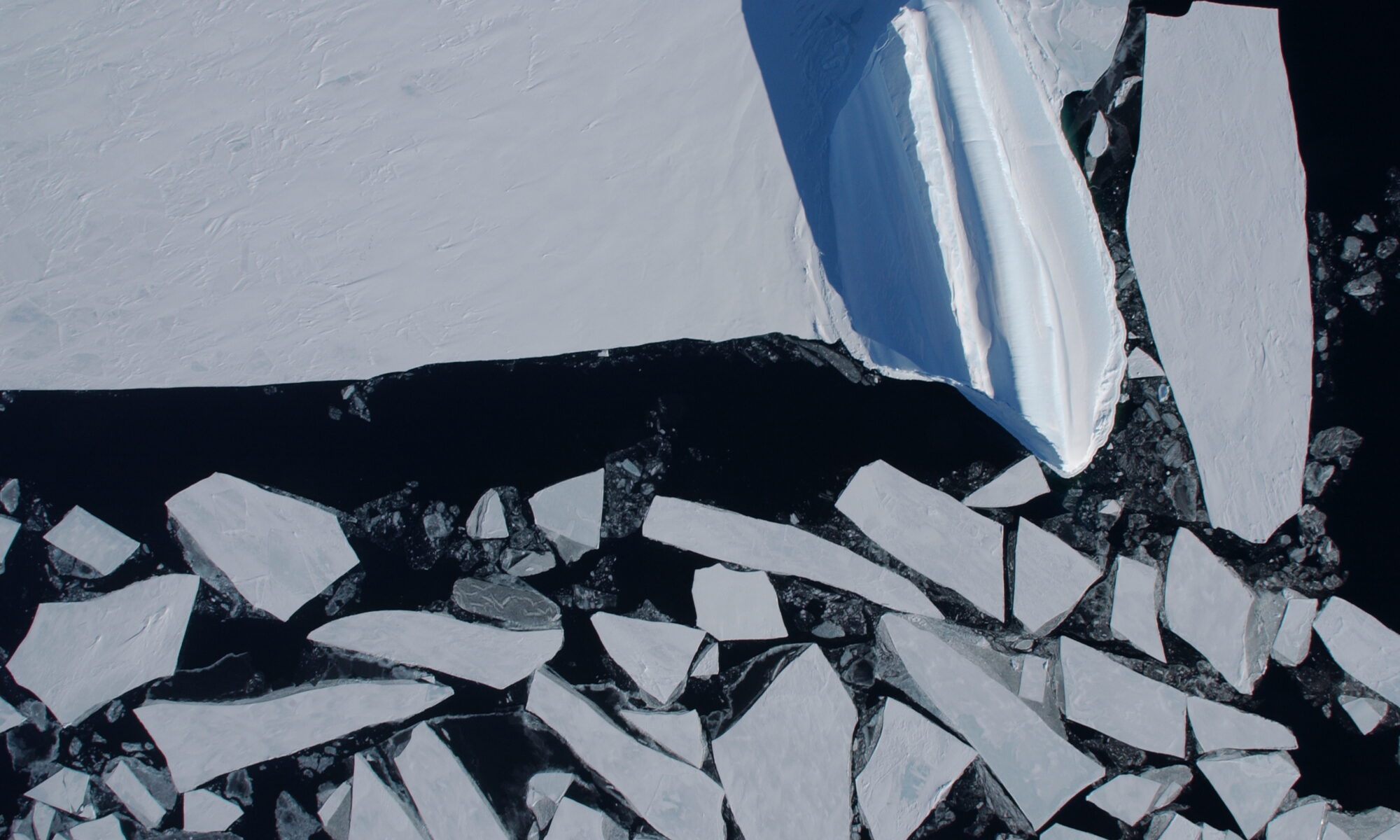More than 200 scientists from 19 countries have released the first comprehensive assessment of trends in Southern Ocean ecosystems, in a report written specifically for policy makers. The Marine Ecosystem Assessment for the Southern Ocean (MEASO) stresses that climate change is the most significant driver of species and ecosystem change in the Southern Ocean and coastal Antarctica.

The Southern Ocean around Antarctica is home to unique wildlife and therefore of fundamental importance to biodiversity. It is also crucial to human welfare by providing us with food and helping to control our climate. However, as the Southern Ocean is absorbing most of the global temperature rise, the wildlife is feeling the heat. Together with additional pressures from fisheries, tourism and pollution, this environment and its residents now face an uncertain future.
“Long-term maintenance of Southern Ocean ecosystems, particularly polar-adapted Antarctic species and coastal systems, can only be achieved by urgent global action to curb climate change and ocean acidification,” says Dr. Anton Van de Putte (Institute of Natural Sciences and Université libre de Bruxelles, Belgium), who was a member of the steering committee that supervised the Marine Ecosystem Assessment of the Southern Ocean (MEASO).
The five-year MEASO process was modelled on a working group of the Intergovernmental Panel on Climate Change (IPCC). Dr. Van de Putte, who also actively contributed to a Summary for Policymakers adds: “The MEASO report can be considered like an IPCC report for the Southern Ocean, and in a similar way, the science was distilled into an easy-to-read and concise summary to inform politicians and policy makers around the world.”

The authors of the report also stress that the MEASO process should continue in this critical decade for climate action. Future assessments will be strongly facilitated by archiving, curating and openly sharing data and algorithms. “The SCAR Antarctic Biodiversity Portal (www.biodiversity.aq), hosted by the Institute of Natural Sciences will provide important contributions to this. Such open data systems will allow bringing the best-available science together in a timely fashion and to harmonise the information for policy makers,” Dr Van de Putte said.
Key Findings
The Summary for Policymakers sets out 40 key findings, including:
- Managing for change: Long-term maintenance of Southern Ocean ecosystems, particularly polar-adapted Antarctic species and coastal systems, can only be achieved by urgent global action to curb climate change and ocean acidification.
- Measuring change: There is a need for investment in sustained and ocean-wide scientific assessment and monitoring of the health of the ocean by the international community.
- Projecting change: Models are needed to understand what future habitat changes and human impacts will mean to different ecosystems, communities and species.
- Value and importance of Southern Ocean ecosystems: The Southern Ocean is globally connected and important to climate and oceanography and provides food and breeding grounds to many migratory species. However, the movement and activities of humans, including the introduction of non-native species, diseases, and pollution, threatens this unique ecosystem.
- Changing habitats in the Southern Ocean: Southern Ocean habitats, from the ice at the surface to the bottom of the deep sea, are changing. The warming of the ocean, decline in sea ice, melting of glaciers, collapse of ice shelves, changes in acidity, and direct human impacts such as fishing, are all impacting different parts of the ocean and their inhabitants.
- Biological changes and vulnerabilities: The organisms that live in the Southern Ocean, from microscopic plants to whales, are facing a changing environment. How most species will react is uncertain, but important foundation species such as Antarctic krill are likely to decline and impact the whole ecosystem.

About MEASO
The Marine Ecosystem Assessment for the Southern Ocean (MEASO) is the first circumpolar interdisciplinary assessment of status and trends in Southern Ocean ecosystems and drivers of change, for use by policymakers, scientists and the wider public. The report was launched on Wednesday 18 October 2023 in Hobart, Tasmania, during the annual meeting of the Commission for the Conservation of Antarctic Marine Living Resources (CCAMLR), the international body under the Antarctic Treaty System responsible for the conservation of marine ecosystems in the Southern Ocean, with membership of 26 nations, including Belgium, and the European Union.
Beginning in 2018, MEASO is an open and participatory process involving 203 scientists from across the Antarctic and Southern Ocean scientific community (19 countries), contributing to 24 research articles published in a special research topic in Frontiers journals.
MEASO is a core activity of Integrating Climate and Ecosystem Dynamics in the Southern Ocean (ICED), which is a regional program of Integrated Marine Biosphere Research (IMBeR, which in turn is a joint program of the Scientific Committee on Oceanic Research [SCOR] and Future Earth). MEASO is co-sponsored by the Scientific Committee on Antarctic Research (SCAR) and is also supported by the Southern Ocean Observing System (SOOS), a joint program of SCAR and SCOR.
The MEASO Summary for Policymakers is available to download here.

